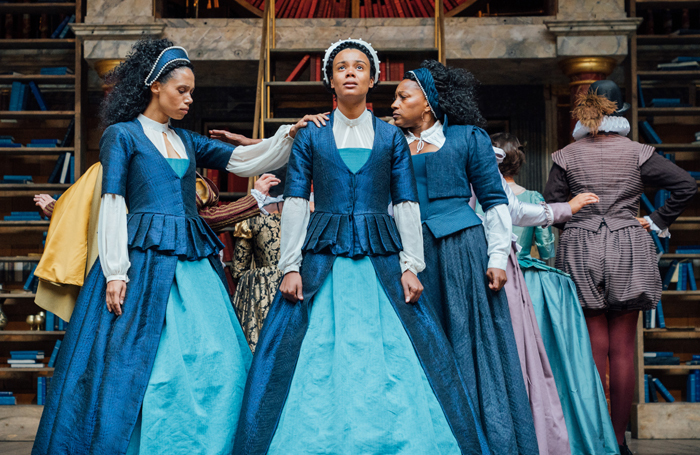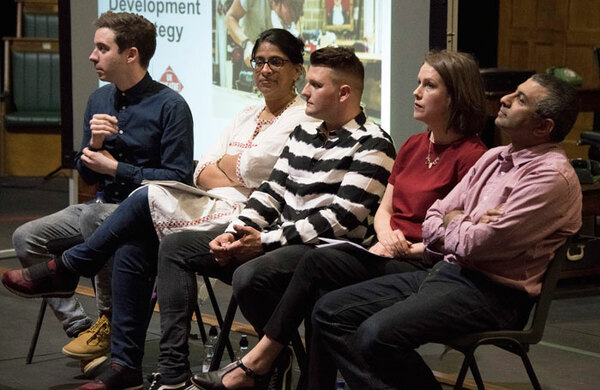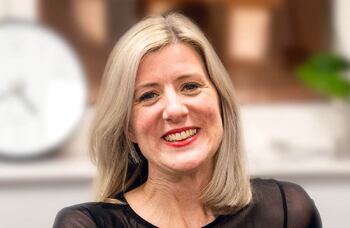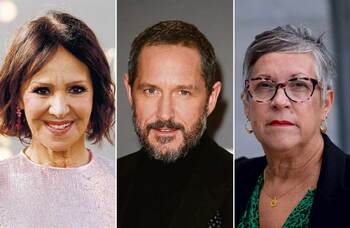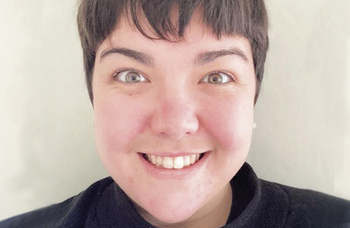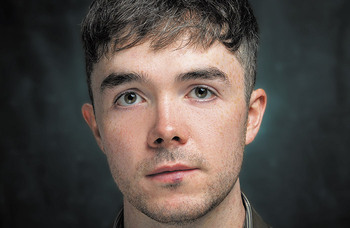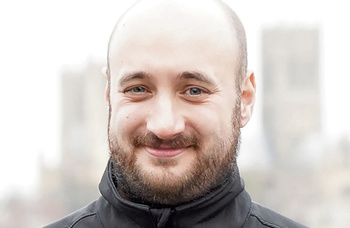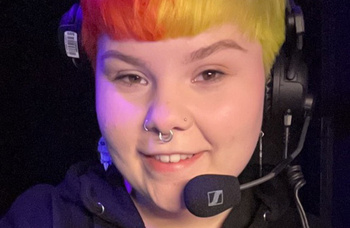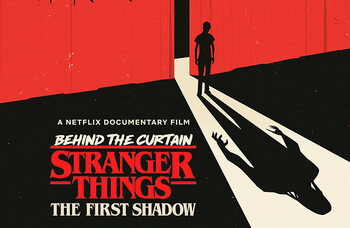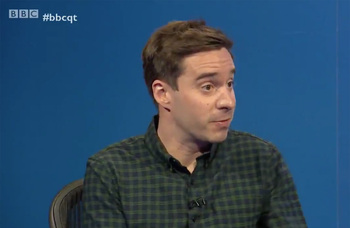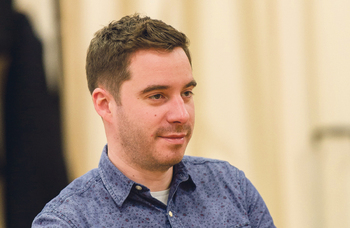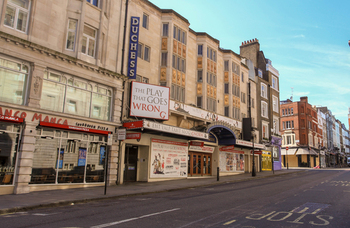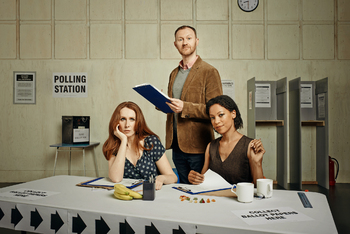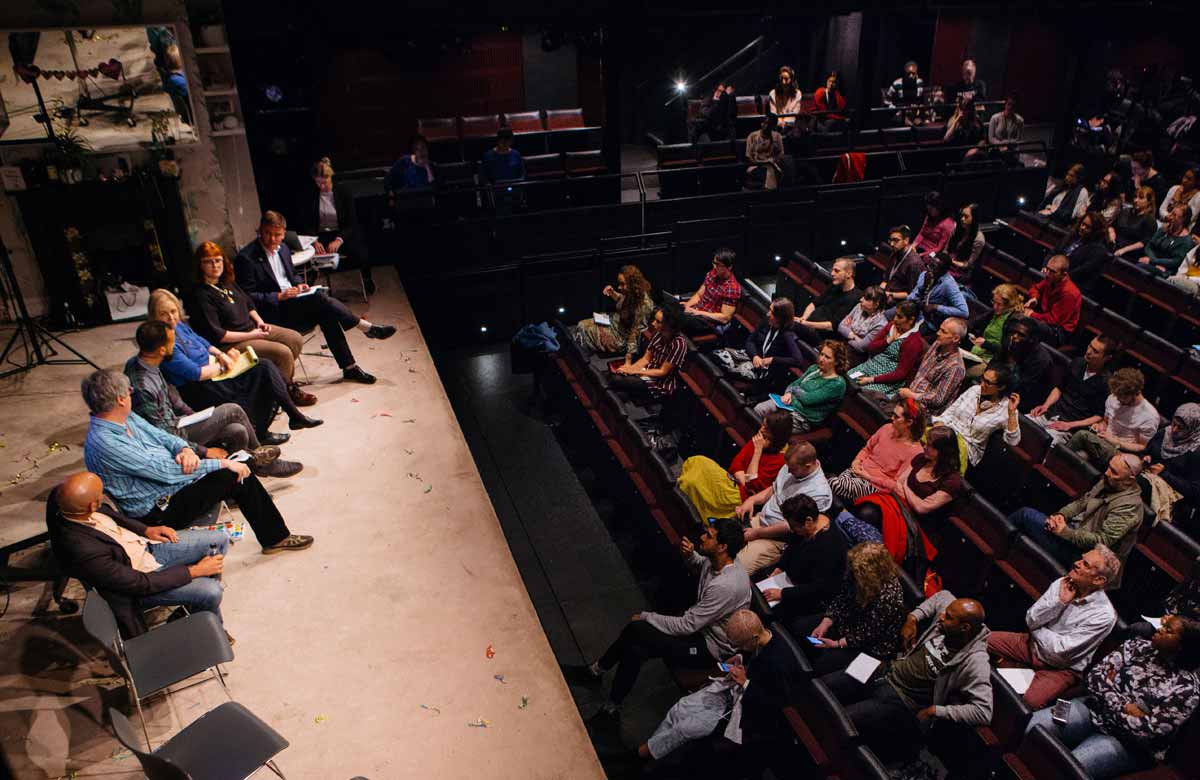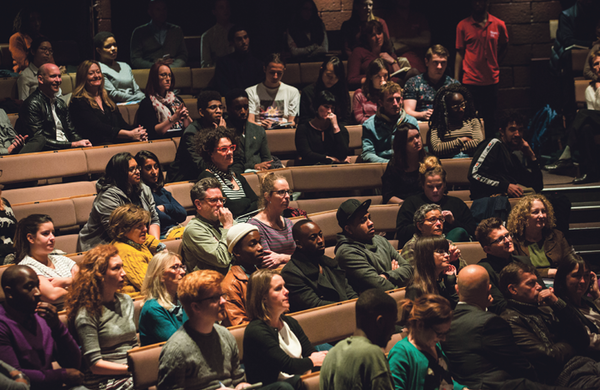James Graham: Positive interventions can help theatre cope with age of extremes
That anyone should be ignored, denied access to or ‘put off’ an artistic workplace because of who they are or where they come from should anger us and motivate us to bring about change, says playwright James Graham
Every time I hear talk of the Difficult Second Album Syndrome in theatre – “Ooh, how’s she going to follow up that first hit play?” – I imagine a hundred budding playwrights across the land rolling their eyes and thinking, “FFS, I wish I had that problem.”
For any artist lucky enough to be working in the creative industries, the biggest hurdle they face is often just getting through the door in the first place. Not to undermine the very real problem of being able to then sustain an artistically, financially and emotionally healthy career, but funding squeezes, local authority cuts, the devastating demise of arts education in state schools, and the long-standing systematic structural biases in our industries (as in all others) mean the pool from which our future talent comes is at risk of becoming ever shallower, and threatens to get worse.
That’s why I’m so pleased to be involved in The Stage Debut Awards, and its sister project The Stage Supports. If we can find new talent, and give them their first opportunity, almost all other challenges down the line will tumble like dominoes.
This is because we live in deeply dichotomous times. I say that not just because I only recently discovered dichotomous was a word and I’m using it wherever I can, but because it really is “the best of times and the worst of times” for theatre, to borrow a phrase from Charles Dickens. Like all of society and politics, theatre is going through an age of extremes. A golden age for some, a closed-shop for many more. We know what those “worst” things are: things that shame us, things that are mentioned on these pages often, with regards to access and representation. People like Lyn Gardner and Vinay Patel have spoken more eloquently about those challenges than I probably can.
Playwright Vinay Patel: ‘Putting on the play is not enough – it’s who you get in the room’
But there’s also a lot to be hopeful about. I really believe that. While reading scripts earlier this year for the National Theatre’s New Views project, which encourages schoolchildren to write and submit plays to be performed, the director Ola Animashawun reminded me that the solution to access lay simply in ‘interventions’. I love that term. That the natural flow of the water has been going this way, but drop a rock in the middle of the river or build a dam and you can divert the flow in other directions.
Some interventions come in the new(ish) form of grassroots activism and campaigning: Lucy Kerbal’s Tonic Theatre, established in 2011 to support gender equality in theatre; Danny Lee Wynter’s Act for Change, launched in 2014 in response to the incomprehensible lack of black, Asian and minority ethnic performers represented on screen and on stage; Arts Emergency, the fantastic mentorship scheme for those from socioeconomically deprived backgrounds; and David Loumgair’s Common, fighting to gain opportunities for working-class artists.
It’s one of the reasons – if you’ll forgive me the horrific self-indulgence, not to mention the shameless plug – I launched a project called Sketching, due to be staged at Wilton’s Music Hall later this month, created by eight emerging writers and me.
I know I wouldn’t be a playwright without those who intervened for me early on. My post-industrial town growing up was, and is, one of the very worst for social mobility in the UK, and remains in the bottom five constituencies for access to the arts. But my school – despite being the most overpopulated comprehensive in the country – made all the difference in giving me a love of live theatre.
Now that I am ‘here’, I’m painfully aware that once through those psychological and socioeconomic barriers, the structural benefits of being a white male (called James) have without question made my journey over the past decade from the Finborough Theatre to the West End an inherently smoother one than some of my peers have enjoyed.
I’m hoping that Sketching will play a small, positive role for the writing life of these emerging artists, similar to the role others played in my own development. After an open call-out to writers who had never had a solo piece professionally produced, from 800 submissions we selected eight writers, gave them a paid commission, offered masterclasses and workshops, and are now producing them on a professional stage. Others are doing far more, and we should shout about them more.
New Diorama’s incredible Untapped programme saw fresh companies storming the Edinburgh Fringe this year with some of the most noisy and most popular shows of the festival, including Nouveau Riche’s Queens of Sheba, This Egg’s Dressed, and Breach Theatre’s intoxicating It’s True, It’s True, It’s True. What links all of the above is that they are all female-led. A male theatremaker is never going to sound like anything other than a virtue-signalling tosser by saying this, but, my God, the most impactful work I’ve seen this year have all been from women artists.
Underbelly and New Diorama reveal winners of Untapped Edinburgh competition
The punky-feminist Six knocked me for six in Edinburgh this summer – now at the Arts – in its reclaiming of the Henry VIII narrative. And Morgan Lloyd Malcolm’s own defiant reclaiming of the Elizabethan stage with her play Emilia had all of us punching the air at Shakespeare’s Globe.
There are smaller, but just as significant, interventions. I’ve been loving Tamara Harvey’s #workingmum hashtag on Twitter, shining a deeply personal and quietly devastating insight into the challenges of being a mother in the arts. Victoria Sadler’s new Ovation project, Vicky Featherstone’s conversations about #MeToo abuses in theatre, David Mumeni’s already astonishingly successful Open Door programme, getting less well-off actors into drama school – all depressing that they have to exist; all offering hope, though, by the mere fact that they do.

So, mission accomplished? No, of course not, and if anyone – and they frequently are – is denied, ignored, intimidated or quite simply just ‘put off’ an artistic workplace because of where they came from and who they are, it should anger us, and motivate us, like it motivated the interventionists mentioned above.
The biggest intervention we should be making right now, as a community, is towards the shocking and unforgivable demise of drama and art in schools
For what it’s worth, I continue to believe that the biggest intervention we should be making right now, as a community, is towards the shocking and unforgivable demise of drama and art in schools. It’s happening. It really is going, ever since arts was dropped as a core subject in the curriculum following the EBacc introduction.
Say that again, and then keep saying it. The arts are no longer a core subject in our schools. The arts are no longer a core subject in our schools. As a result, hours are plummeting, teachers are disappearing, school plays are stopping and school bands are shrinking. Without fixing this, there are almost no interventions we can perform further down the pipeline that won’t simply be fiddling; managing the decline.
Our lead interventionists in this area include Carl Woodward, who invited me and others like Indhu Rubasingham to join the Big Arts Debate with headmasters and teachers this year. And Rosie Millard’s Children and the Arts charity, which hosted a round table at the Royal Albert Hall recently.
There’s lots to be angry about. But lots to be hopeful about too, in tackling this age of extremes through an onslaught of positive intervention.
James Graham is an Olivier award-winning playwright and an ambassador for The Stage Supports
Opinion
Recommended for you
More about this person
More about this organisation
Advice
Recommended for you
Most Read
Across The Stage this weekYour subscription helps ensure our journalism can continue
Invest in The Stage today with a subscription starting at just £7.99
 James Graham
James Graham